Dr. Matthew Bunson joins us to discuss the recent encyclical issued by Pope Francis, “Lumen Fidei” 
Podcast: Play in new window | Download (Duration: 28:00 — 25.6MB) | Embed
Subscribe: Apple Podcasts | Spotify | Amazon Music | Android | Pandora | iHeartRadio | JioSaavn | Podchaser | Gaana | Podcast Index | Email | TuneIn | Deezer | Anghami | RSS | More
ENCYCLICAL LETTER
LUMEN FIDEI
OF THE SUPREME PONTIFF
FRANCIS
TO THE BISHOPS PRIESTS AND DEACONS
CONSECRATED PERSONS
AND THE LAY FAITHFUL
ON FAITH1. The light of Faith: this is how the Church’s tradition speaks of the great gift brought by Jesus. In John’s Gospel, Christ says of himself: “I have come as light into the world, that whoever believes in me may not remain in darkness” (Jn 12:46). Saint Paul uses the same image: “God who said ‘Let light shine out of darkness,’ has shone in our hearts” (2 Cor 4:6). The pagan world, which hungered for light, had seen the growth of the cult of the sun god, Sol Invictus, invoked each day at sunrise. Yet though the sun was born anew each morning, it was clearly incapable of casting its light on all of human existence. The sun does not illumine all reality; its rays cannot penetrate to the shadow of death, the place where men’s eyes are closed to its light. “No one — Saint Justin Martyr writes — has ever been ready to die for his faith in the sun”.[1] Conscious of the immense horizon which their faith opened before them, Christians invoked Jesus as the true sun “whose rays bestow life”.[2] To Martha, weeping for the death of her brother Lazarus, Jesus said: “Did I not tell you that if you believed, you would see the glory of God?” (Jn 11:40). Those who believe, see; they see with a light that illumines their entire journey, for it comes from the risen Christ, the morning star which never sets.

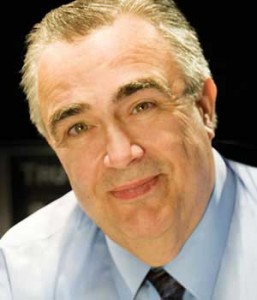
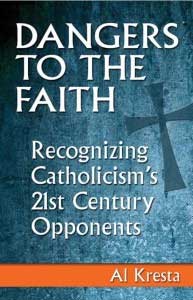
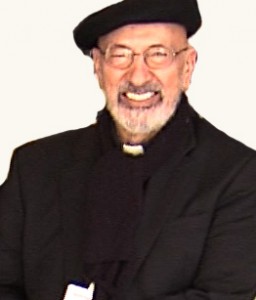
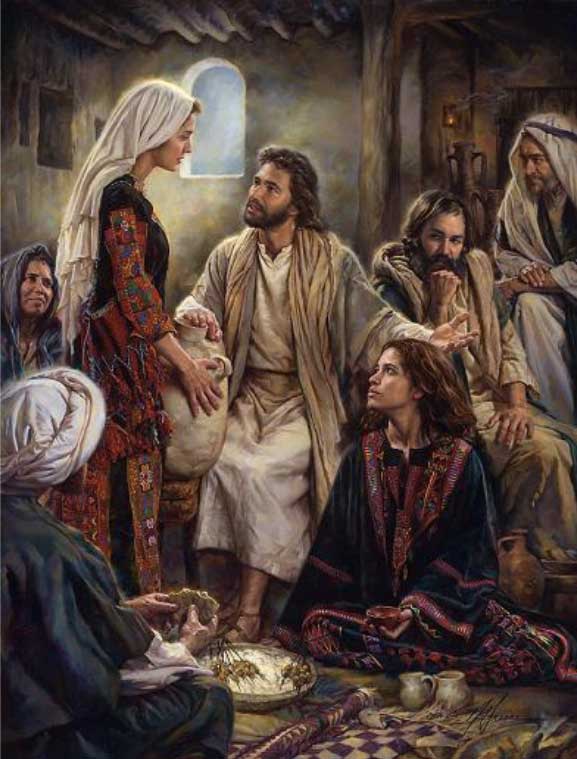 who sat beside the Lord at his feet listening to him speak.
who sat beside the Lord at his feet listening to him speak.
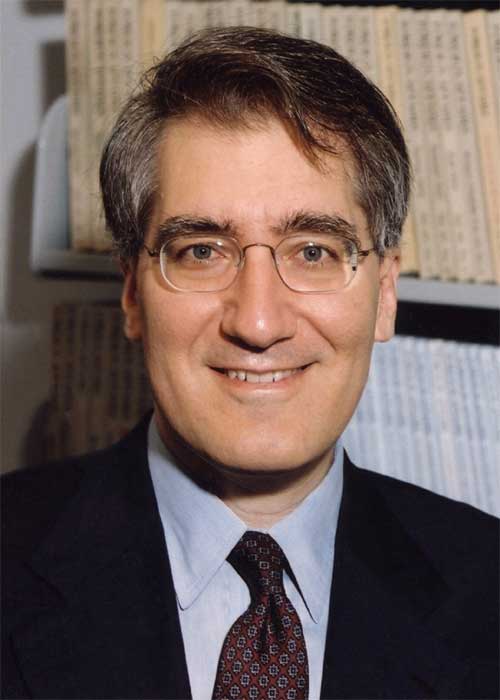 traditional morality. Dr. Robert George’s clarity and insight are indispensable for understanding where we have been, where we are going, and what paths we could be traveling down if we fail to act on the leading morality challenges facing as individuals and citizens. Pass by this book and its message at your own risk.
traditional morality. Dr. Robert George’s clarity and insight are indispensable for understanding where we have been, where we are going, and what paths we could be traveling down if we fail to act on the leading morality challenges facing as individuals and citizens. Pass by this book and its message at your own risk.
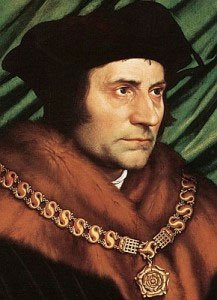

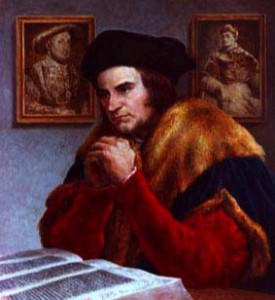

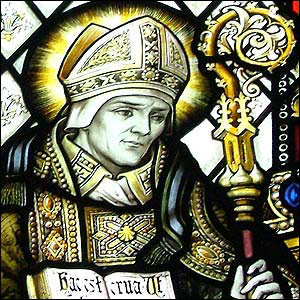
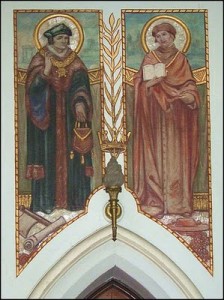
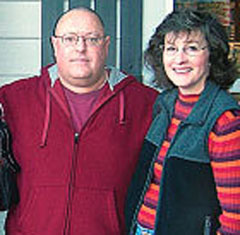 would one day be diagnosed with Pancreatic cancer. He shares how Gayle came to be revered by so many for the depth of her courage against impossible odds, and her joy at saying to God, “I belong to you”. Gayle Merritt’s suffering, and victory in Christ is documented in emails sent to local parishioners to provide updates on her condition throughout her final months. A poignant work filled with hope, courage, joy and love.
would one day be diagnosed with Pancreatic cancer. He shares how Gayle came to be revered by so many for the depth of her courage against impossible odds, and her joy at saying to God, “I belong to you”. Gayle Merritt’s suffering, and victory in Christ is documented in emails sent to local parishioners to provide updates on her condition throughout her final months. A poignant work filled with hope, courage, joy and love.


 Juliet” is a terrific read. Once again Jospeh Pearce helps us to see that the story we thought we knew is something very different when viewed with the Catholic Shakepeares len’s. Is Romeo a hero or a self indulgent cad? Is Juliet a free thinking woman or a relationship starved 13 year old victimized by an adult male predator? And how about those adults? Just look at what happens when Eros runs a muck, and virtue is replaced blindly in favor of vice! Let us not forget to mention the tragedy which occurs from bad parenting. Sexual desire and the gift of reason are explored in this compelling work by the prolific Pearce. Who would have thought a book about a 500 year old play would contain such important lessons for our lives today.
Juliet” is a terrific read. Once again Jospeh Pearce helps us to see that the story we thought we knew is something very different when viewed with the Catholic Shakepeares len’s. Is Romeo a hero or a self indulgent cad? Is Juliet a free thinking woman or a relationship starved 13 year old victimized by an adult male predator? And how about those adults? Just look at what happens when Eros runs a muck, and virtue is replaced blindly in favor of vice! Let us not forget to mention the tragedy which occurs from bad parenting. Sexual desire and the gift of reason are explored in this compelling work by the prolific Pearce. Who would have thought a book about a 500 year old play would contain such important lessons for our lives today.
